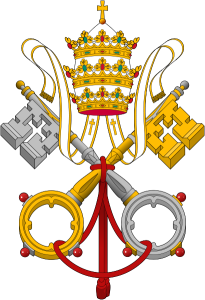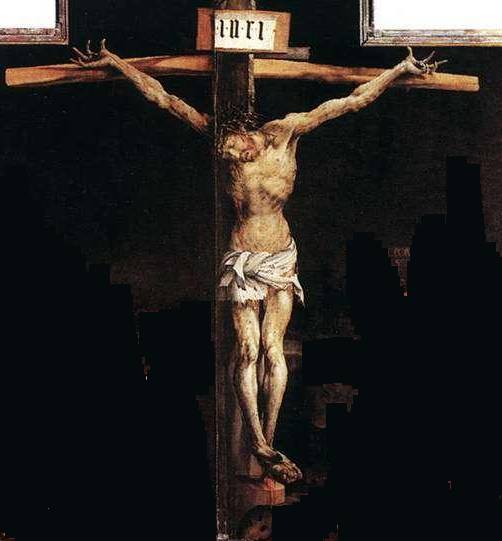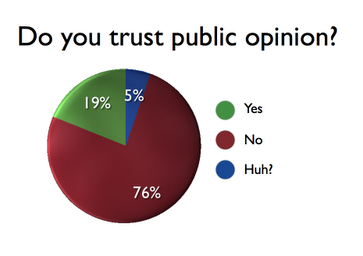Worship and Revelation 4-5 – Part 8 – Objection: I Will Not Give My Glory to Another
 The extraordinary early American minister Noah Worcester (1758-1837) fought in Battle of Bunker Hill, made shoes, taught school, served in the New Hampshire legislature, campaigned unsuccessfully for pacifism, and in his spare time, wrote some really interesting philosophical theology. (In my lingo, he’s a subordinationist unitarian.)
The extraordinary early American minister Noah Worcester (1758-1837) fought in Battle of Bunker Hill, made shoes, taught school, served in the New Hampshire legislature, campaigned unsuccessfully for pacifism, and in his spare time, wrote some really interesting philosophical theology. (In my lingo, he’s a subordinationist unitarian.)
Here are some of his thoughts on the subject of worshiping Jesus.
That the Son of God is to regarded as an object of DIVINE HONORS, is so plain from the Scriptures, that it seems extraordinary that it should even have been denied by any one who has admitted the Bible as a rule of faith and practice. …We have express declarations of the will of God. “The Father judgeth no man, but hath committed all judgment to the Son, that all men should HONOR the SON even as they honor the Father.” This is a sufficient warrant for men to give DIVINE HONORS to the SON of God. Angels have their warrant also; for “When he bringeth in his ONLY BEGOTTEN into the world, he saith, Let all the angels of God WORSHIP HIM.” (Noah Worcester, Bible News: Or, Sacred Truths Relating to the Living God, His Only Son, and Holy Spirit, p. 128, bold added)
I agree.
Worcester proceeds to carefully work through many arguments in this chapter with sure-footed common sense and deep familiarity with the Bible. I thought his answer to a common objection to worshiping the Son was especially interesting:
It may still be thought, that if the Son be not the self-existent God, but has been exalted by God as an object of Divine honors, then God has given his glory to another, contrary to his own word. …
[In reply,] Read More »Worship and Revelation 4-5 – Part 8 – Objection: I Will Not Give My Glory to Another
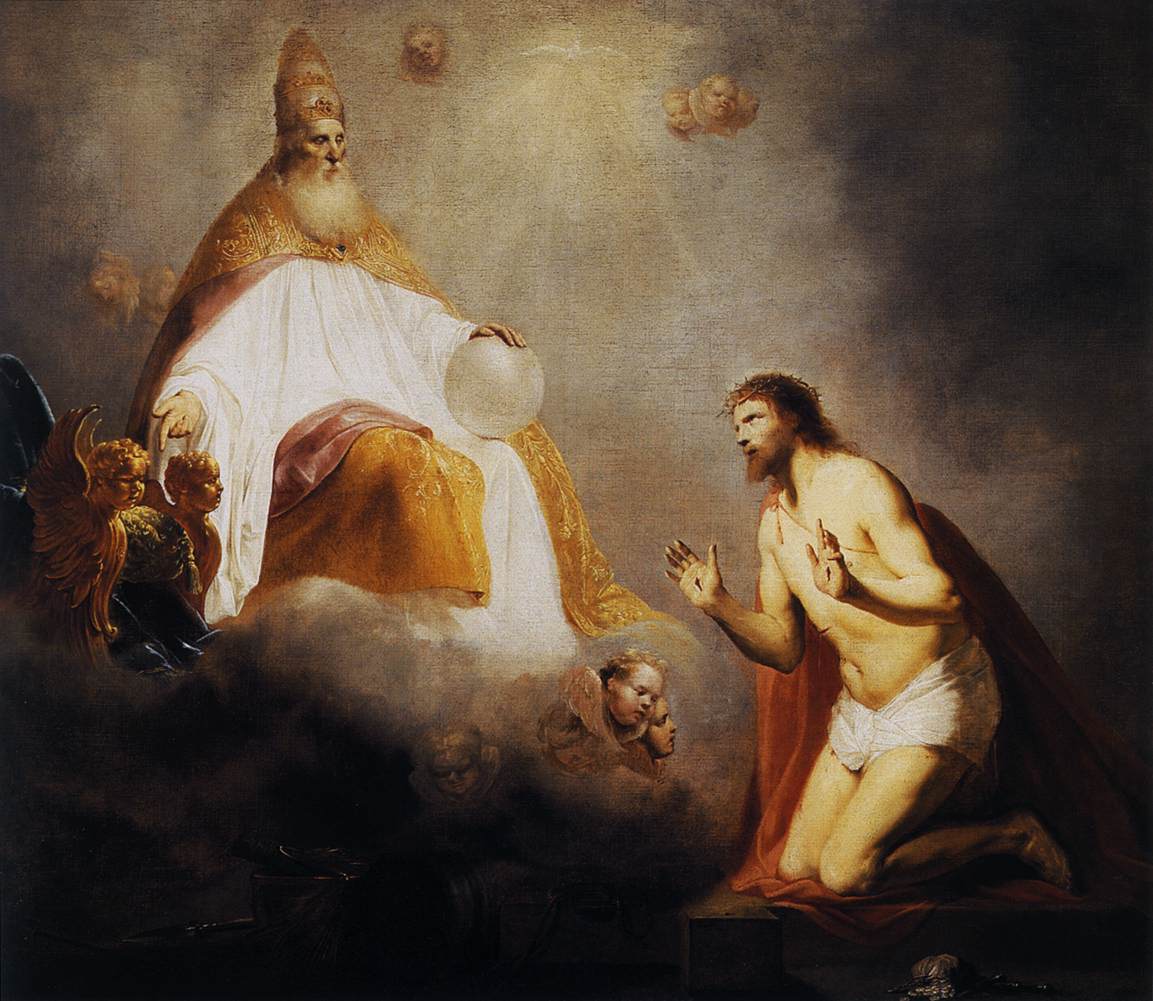


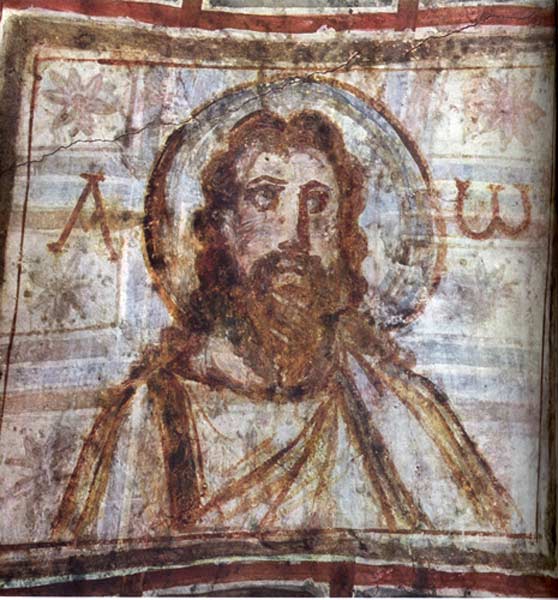
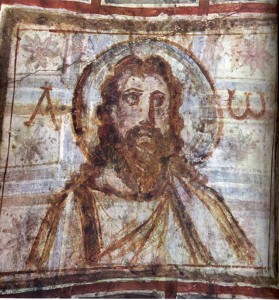 Last time
Last time 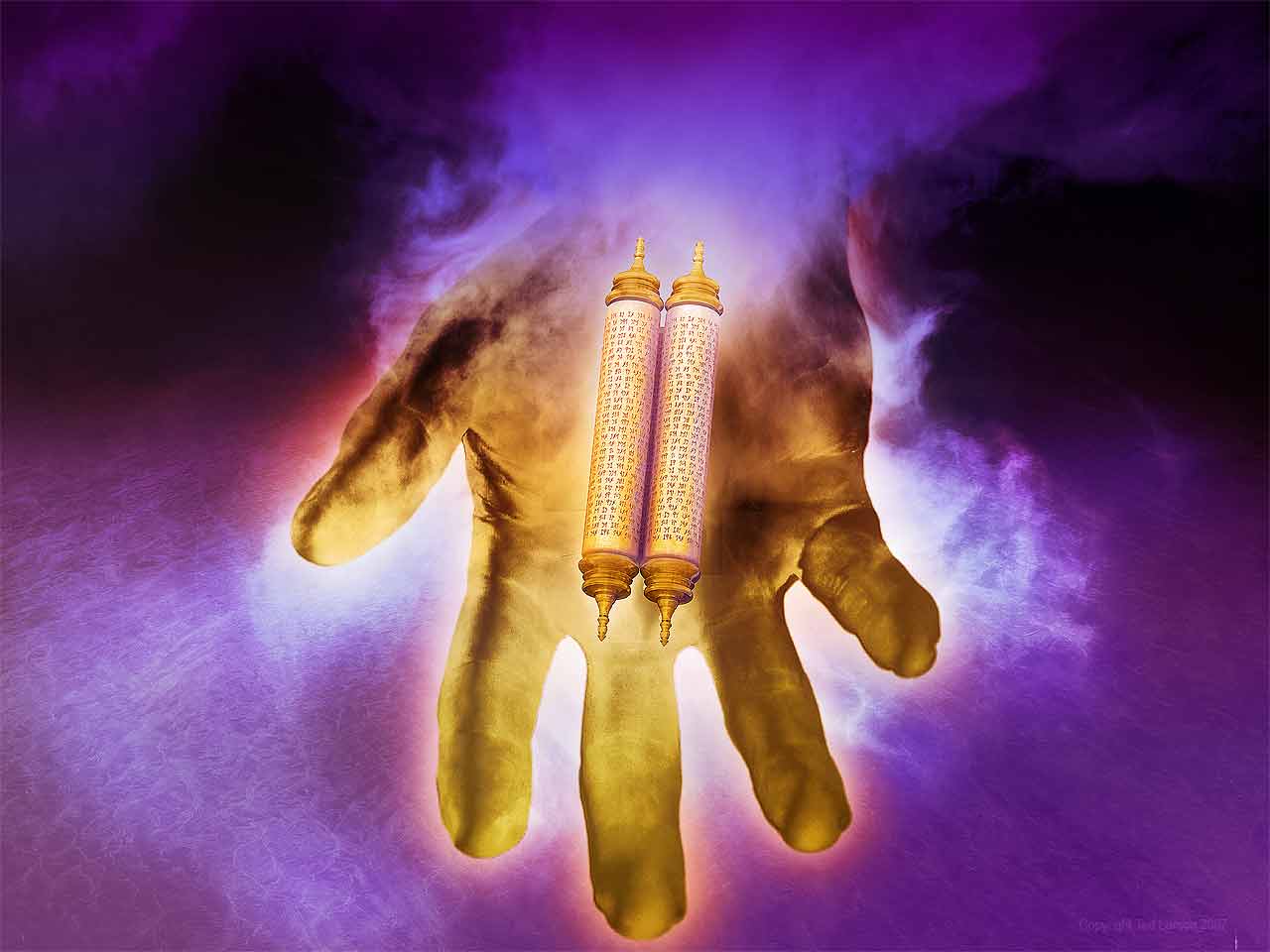
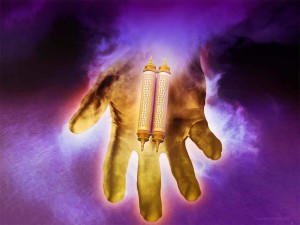

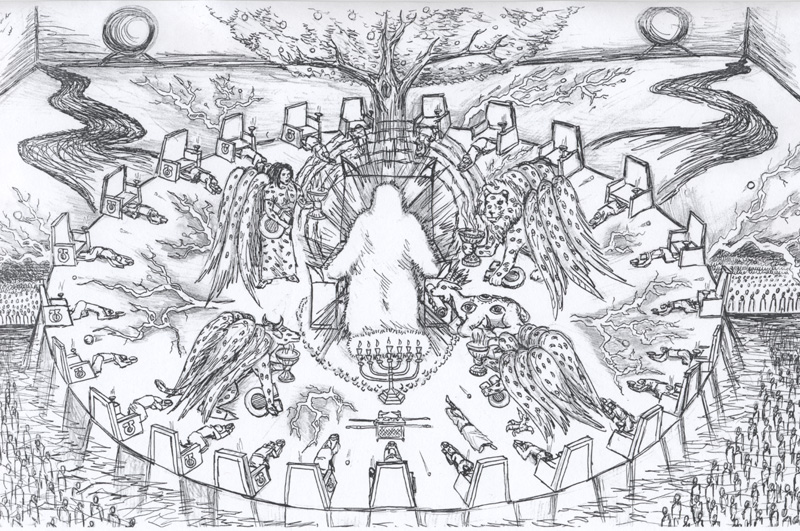
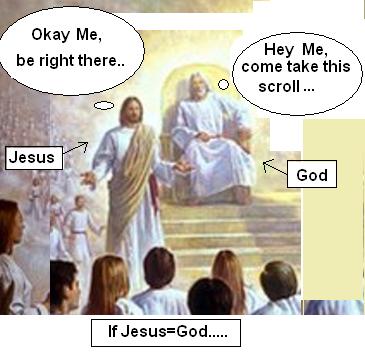

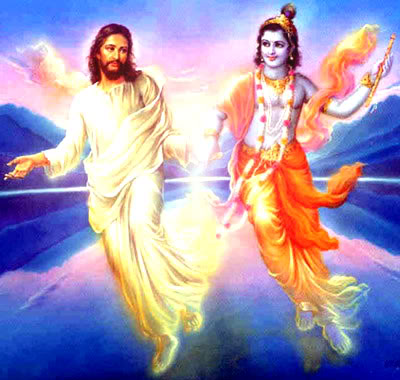

 Given my scholarly interests in Hinduism, I had to post a link to this story about the
Given my scholarly interests in Hinduism, I had to post a link to this story about the 
